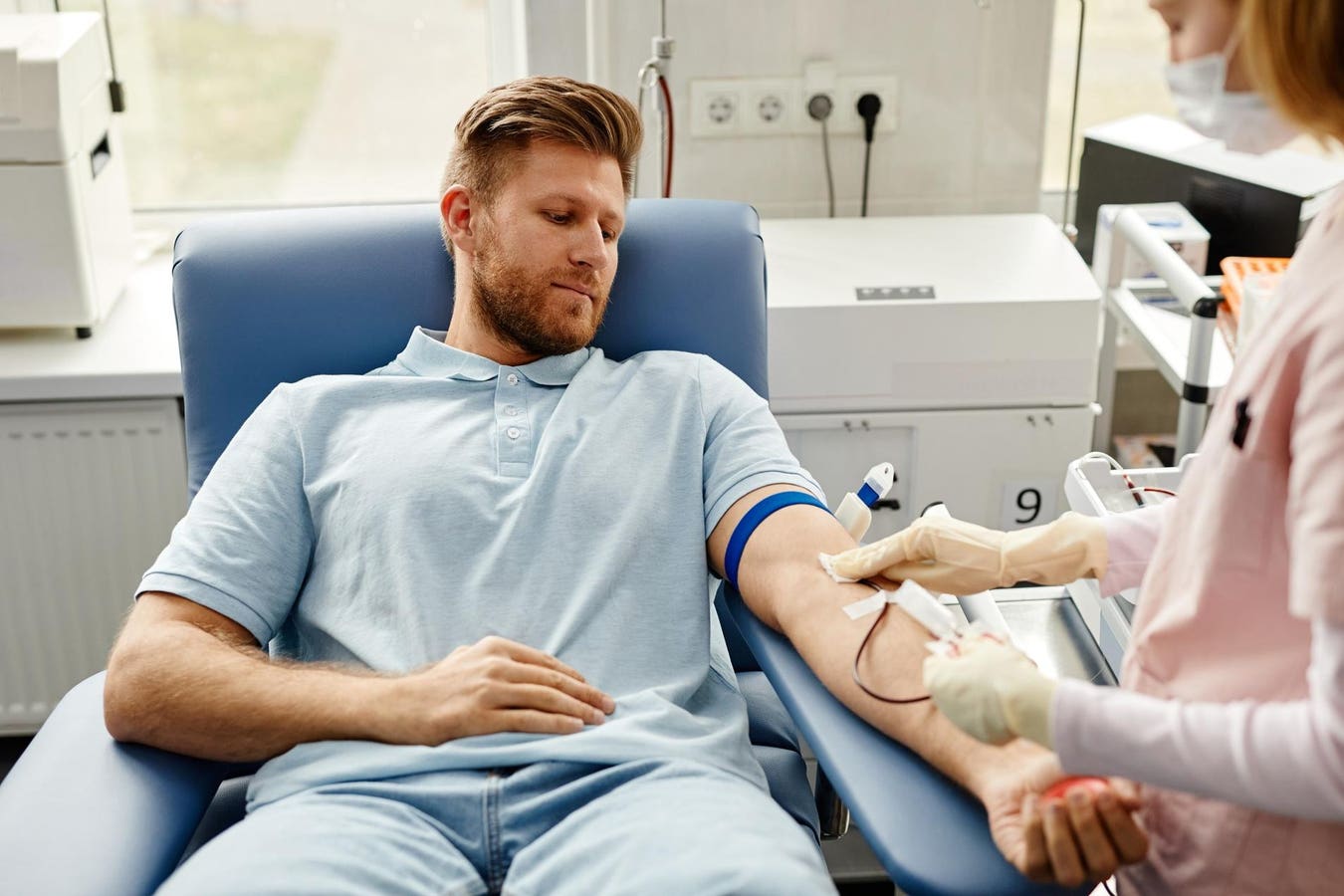Recent online rumors have been circulating about whether the American Red Cross prohibits people donating blood after receiving Covid-19 vaccines. With over 80% of Americans having received at least one dose of a Covid-19 vaccine, if true, this could represent a significant danger to the U.S. donated blood supply. The organization declared an emergency blood shortage in January, reporting that the number of blood donors had hit a 20 year low.
The good news is, the rumor isn’t true.
The rumor seems to stem from this part of the eligibility criteria on the American Red Cross website about “immunization/vaccination”:
- COVID-19 Vaccine and COVID-19 Booster Shot
- Acceptable if you were vaccinated with a non-replicating, inactivated, or RNA-based COVID-19 vaccine manufactured by AstraZeneca, Janssen/J&J, Moderna, Novavax, or Pfizer providing you are symptom-free and fever-free.
- Wait 2 weeks if you were vaccinated with a live attenuated COVID-19 vaccine.
- Wait 2 weeks if you were vaccinated with a COVID-19 vaccine but do not know if it was a non-replicating, inactivated, RNA based vaccine or a live attenuated vaccine.
So, in certain cases, people are being asked to wait two weeks if they were vaccinated with a certain type of Covid-19 vaccine – a live attenuated vaccine. According to the U.S. department of Health and Human Services, a live attenuated vaccine use a weakened form of the microorganism that is responsible for disease.
For people with functional immune systems, weakened virus is not a problem and is a great stimulant of the immune response, without representing danger of the recipient getting the actual disease caused by the virus. But for people who are immunocompromised, it is possible that weakened forms of the virus can cause disease. For example, some children and adults with blood cancer often require frequent blood transfusions, but can have compromised immune systems due to their cancer and the therapies prescribed to treat it.
The large majority of Americans who have been vaccinated against Covid-19 have received the Pfizer-BioNTech or Moderna mRNA-based vaccines, or a combination of both. Some also historically received other vaccines, such as the Johnson & Johnson vaccine, which is no longer available in the U.S. and more recently in fall last year, the Novovax Covid-19 vaccine was approved for use. None of these are live-virus vaccines and no live virus vaccines are approved for widespread use in the U.S. So why is the American Red Cross asking this question?
Some trials of live Covid-19 vaccines are open in the U.S. like this one in New York and internationally in places ranging from the U.K. to Mexico. So there is a chance, albeit very small that someone has received a live Covid-19 vaccine within 2 weeks of wanting to donate blood. Even then, these people are not prohibited from donating blood long-term, just for two weeks after the vaccine, so there is no chance of live virus existing in their blood.
There are also some trials to see whether vaccines for other viruses such as the one which causes polio might give the recipient some protection against Covid-19. Polio is often a live vaccine and the American Red Cross website also lists these and other live vaccines as reasons to delay a donation by 2-4 weeks.
The Red Cross recently released a statement clarifying eligibility to donate, stressing that most people who have received a Covid-19 vaccination can donate immediately without delay. People who have not received Covid-19 vaccines are also welcome to donate.
Read the full article here





